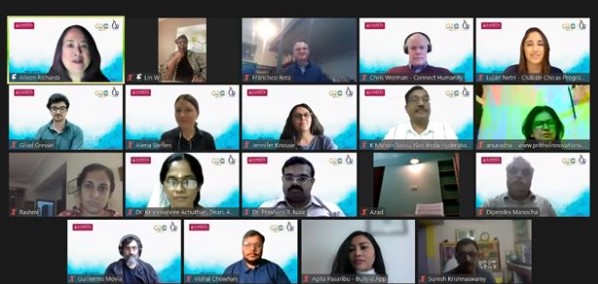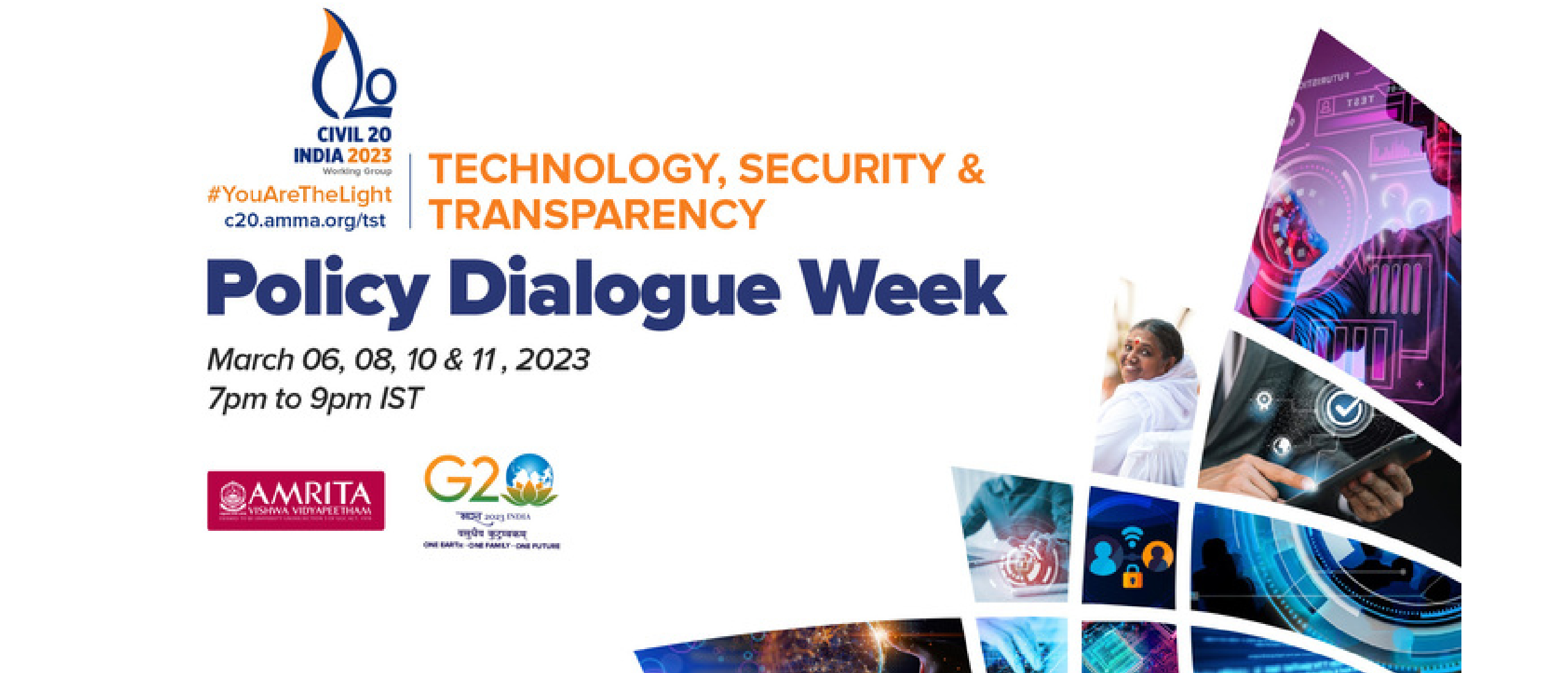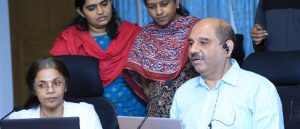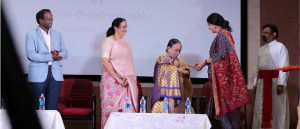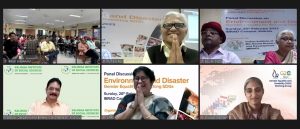“Technology for Empowerment” dialogue held on 10th March as part of our Policy Dialogue Week series, providing the opportunity for CSOs from different parts of the world to share policy recommendations.
Alison Richards kicked off by introducing Amrita Vishwa Vidyapeetham, the University founded by the Chair of the C20, Mata Amritanandamayi Devi, and expanded on their mission to develop policy recommendations to overcome the digital divide.
The above event matters because it brings together international civil society organizations (CSOs) and NGOs to contribute to the G20 process of recommending policies related to technology, security, and transparency. This policy dialogue is important because as the world moves towards a new age of automation and data-driven decision making, it is essential to consider both the positive and negative ramifications of these technologies. The event aims to highlight best practices, learn from experienced CSOs, and identify gaps in Technology enablement for empowerment of all sections of society. The recommendations and policy proposals resulting from this event can help shape international policies and practices related to technology, security, and transparency and ensure that they represent the voices and perspectives of civil society.
Alison Richards kicked off by introducing Amrita Vishwa Vidyapeetham, the University founded by the Chair of the C20, Mata Amritanandamayi Devi, and expanded on their mission to develop policy recommendations to overcome the digital divide.
Dr. Jody Britten, Director of Learning Technology at Team4Tech, elaborated on the need for a phased approach incorporating global platforms and providing agency.
K Mohan Raidu, CEO of Informatics India, called for greater access to affordable high-speed internet in rural areas and shared successes in bridging the digital divide through donations from industry.
Gulzar Azad, Entrepreneur in Residence from Google, spoke about how society is moving to the age of intelligence and highlighted opportunities to create policies that return data collected online back to people, to empower human lives.
Lindy Wafula, CEO of Village Ventures, highlighted the lack of efforts in bridging the digital divide during the pandemic, when tech adoption spiked globally while villages remained isolated.
Dipendra Manocha, Managing Director at Saksham, called for empowering persons with disabilities by making assistive technology more accessible for them with greater funding, training and local language features.
Chris Worman, Executive Director at Connect Humanity, shared key statistics on barriers to tech for civil society and recommended transparency mechanisms to make tech investments more relevant to community needs.
Maithree Malwattegoda, General Manager at Sarvodaya-Fusion, spoke about building digital literacy among youth by providing affordable courses tailored to industry needs and using social media to encourage ethical internet use.
Francisco Rota MBA, Executive Director of reBOOT Canada, spoke of successes in collaborating with corporations to increase access to technology, such as device donations and refurbishment for use in communities.
Agita Pasaribu, Founder of Bullyid App, advocated for ending online harassment, particularly faced by women and girls online, and shared successes in using an app to provide victim support, training and build public awareness.
Luján Netri, PDG at Club de Chicas Programadoras, shared successes in inspiring young women to take up Computer Science through in-person, play-based learning as opposed to online classes.
Guillermo Movia, Social Communicator at Fundación InternetBolivia.org, spoke of protecting digital rights by setting up helplines to provide support to counter violence in digital spaces.
Alison closed the policy dialogue with a call for participants to continue to submit success case studies to the C20 for future policy development
